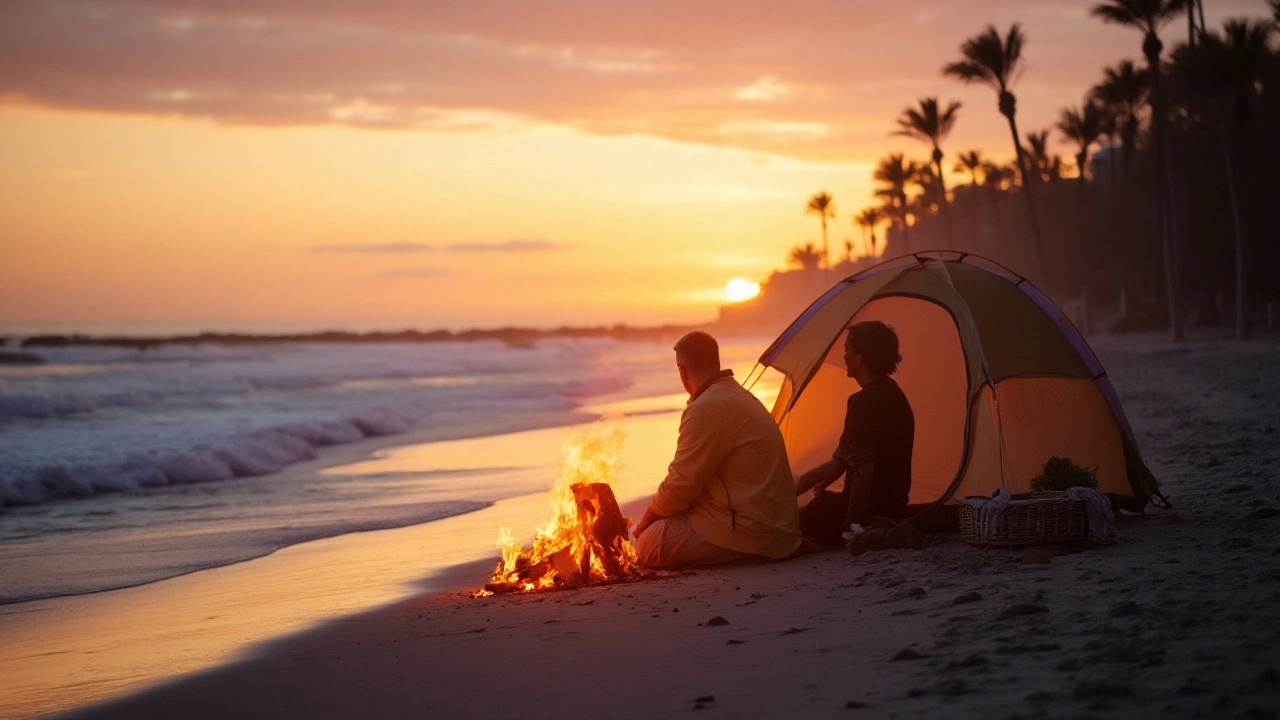Sleeping on the Beach: What You Need to Know
Ever wondered if you can actually spend a night on a sandy shore? It sounds like a dream, but there are a few things you must sort out first. From local rules to the right gear, this guide walks you through everything you need for a hassle‑free beach sleep.
Legal basics and safety
The first step is to check whether overnight stays are allowed. In the UK most public beaches forbid camping, but some coastal parks and private sites do permit it with a permit. Look for signs or ask the local council before you set up your tent or park your motorhome. Ignoring the rules can mean a fine or being asked to leave.
If you’re in the US, the rules vary by state and even by county. Some states label the practice “boondocking” and allow free parking on certain public lands, while others ban it outright, especially in popular tourist spots. The article "Boondocking Illegal States: What You Need to Know for Beach Campsites" highlights the most common restrictions, so give it a quick read if you plan to travel north of the border.
Safety is another must‑check item. Tides can turn a calm spot into a flood zone in minutes. Always note the high‑tide line and set up your camp at least 30 feet above it. Bring a flashlight, a portable battery, and a whistle – the beach can be quiet at night, and you’ll want to be heard if something goes wrong.
Gear and practical tips
Sand is the biggest enemy of most camping gear. A groundsheet with a waterproof layer keeps moisture out and makes it easier to pack up in the morning. If you’re using a tent, choose one with sturdy guy‑lines and stakes designed for loose soil. Small sand anchors work better than regular metal spikes.
For motorhome lovers, a level parking spot is key. Use the vehicle’s stabiliser jacks and add a set of sand‑compatible wheel chocks. A portable solar panel can keep your batteries topped up without hunting for a campsite plug.
Comfort matters too. A sleeping pad with extra insulation helps you stay warm when the sand draws heat away. Pack a lightweight blanket, a warm hat, and a pair of slippers – they protect your feet from cold sand and stray shells.
When it comes to food, keep everything sealed and stored away from wildlife. A small cooler with ice packs works fine for a night, but remember to empty it before sunrise to avoid attracting gulls.
Lastly, leave no trace. Pack out all rubbish, wipe down any spills, and restore the sand to its original state. The beach is a shared space, and respecting it means future campers can enjoy the same experience.
With the right research, a bit of planning, and proper equipment, sleeping on the beach can be one of the most memorable nights you’ll ever have. Pack smart, follow local rules, and enjoy the sound of waves as your lullaby.
